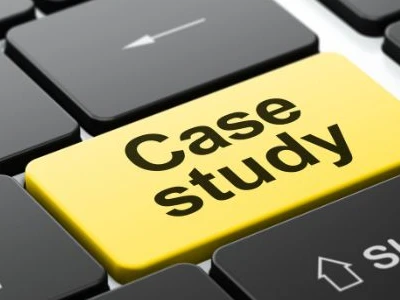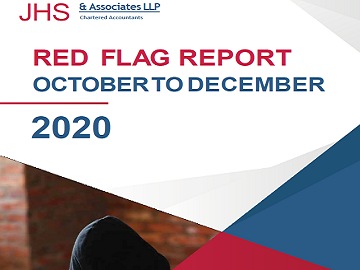Authored by Huzeifa Unwala, Senior Partner at JHS & Associates LLP
- Re-booting the Auditor to look at COVID 19 as an opportunity
Unprecedented crisis such as COVID 19 requires extra-ordinary responses. Businesses are busy re-designing their business models in the fast-emerging digital landscape by implementing work from home practices, can the auditors lag far behind? Auditor has to make a choice – right now, to transform his ways and adopt technology or become an extinct entity.
Audit fraternity in India had faced several challenges and upheavals in the VUCA world and has risen up to those challenges each time say reporting of cash balances post-demonetisation or when the GST regime was introduced in India. The nature and enormity of challenge thrown at audit fraternity by COVID 19 phenomenon have varied dimensions such as sustainability of job or professional practice, health, emotional and psychological well-being. Auditors must not be sucked into the emotional and psychological traps of this phenomenon. History and experiences have shown that society generally does not value the Auditor’s contribution to the desired extent and especially when businesses are in such a crisis mode, Auditor may be the lowest in the priority list except where statutorily required. Auditors have no choice but to think positively and re-boot themselves, re-start to make a new beginning. Look at COVID 19 as an opportunity to re-boot, re-skill and re-tool.
- Re-skilling the Auditor to prepare for digital auditing
Traditionally, auditors are served information and evidence in person. Auditors plan audit site visits based on the availability of the auditees. This practice will completely change, instead of in-person visits, auditors will have to live with in-video audit interviews, process walkthroughs over video conferencing, live-streaming of inventory sites to observe the inventory, etc. Here auditors can learn a lesson or two from their professional colleagues who successfully undertake quick due diligence through data rooms drills, discussions in secured & private chat rooms, accessing ERPs through a virtual private network and other remote channels for crossing the time and distance constraints in executing a time-bound due-diligence exercise.
Auditors have to sharpen their skills by preparing comprehensive review checklists and risk-control matrices. It would include the reconciliation of data points pre and post-period end. In case of cash, inventory and fixed assets as such class of assets, auditors may not be in a position to 100% physically verify on a regular basis as was the case in -person auditing regime. Revenue recognition requires evidencing of delivery of goods along with the customer order and invoice. Here, the Auditor may rely on electronic evidence provided by the client. The auditor may enhance auditing skills to verify the time stamp of the electronic evidence and if required, decrypt the transaction logs. Primary skills of auditing would shift from “observation”, “vouching” to the ability of the Auditor to vouch the integrity of the information provided, ascertain “originality” of sampled evidence, use of secured data transmission protocols such as “encryption mechanisms”, “data dump analytics”, “surveyed risk assessments”, etc.
Auditees will be hard-pressed in managing the business crisis; therefore, auditors will not have the liberty of exchanging information over a cup of tea. Auditor’s ability to communicate verbally and in writing over electronic medium in a direct, crisp and clear manner will be thoroughly tested during the COVID 19 phenomenon. Audit submissions would have to be shorter PowerPoint formats and not verbose essays; audit communication would become more focused on the “value of insight” being communicated by the Auditor.
- Re-tooling the Auditor
Auditors will need to acquire a new toolbox comprising of cloud infrastructure, token-based authentication access controls, computer-assisted auditing techniques such as Robotic Process Automation, etc. Develop software tools that are capable of extracting meaningful data sets from the data warehouses of the companies in an auto-mode. Automate the audit process especially recording and archiving of video-based evidence, continuous updation of risk libraries based on transaction triggers, maintenance of digital working papers and need-based access to audit evidence that may be archived by the clients in their systems, etc.
Income-tax authorities have taken the lead in face-less scrutiny and assessments. All other authorities and regulators will have to follow a similar path by relaxing auditing and other face-to-face guidelines to ensure that social distancing practices such as video calls and secured remote data acquisition techniques are made legal. So that the Audit fraternity can meaningfully implement Audit from home practice, while they re-tool and re-invent themselves.












